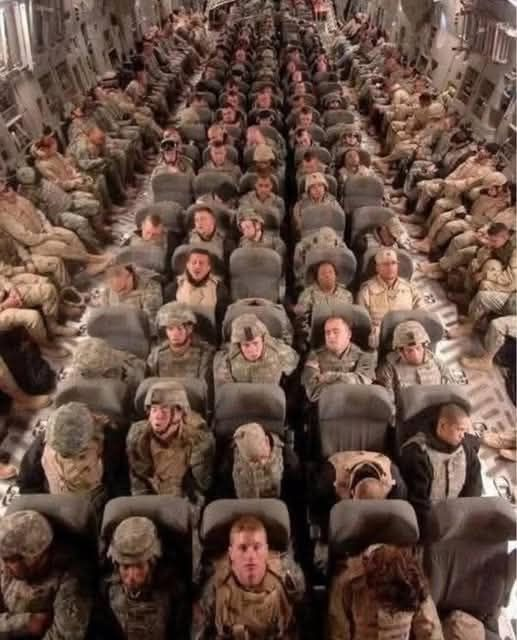Coming home after a deployment is supposed to feel like a triumphant return. But on that day in 2004, arriving back from Iraq, the silence spoke louder than cheers. I was single, with no family there to meet me. At the post-deployment march, everyone else seemed to vanish into the arms of their loved ones—wives, children, friends. Meanwhile, I stood with about six others who also had no one to run to. Our eyes couldn’t hold back the ache of that moment.
The scene felt surreal: soldiers who spent months or years in combat zones now surrounded by laughter and embraces—while we, the unaccompanied, made our way quietly through the crowd. My eyes filled with tears—not from fatigue or fear, but from something more poignant and unexpected: loneliness in a sea of joy.

As the crowd thinned, most of my fellow soldiers had already gone home—leaving only a few by the barracks. In the haze of reentry, I caught a glimpse of normal life just outside reach. Then, a sergeant I admired and respected called me. Just a simple ring—against the backdrop of loud farewells and the clatter of returned boots and bags.
I answered, curious and disarmed. He and his wife had seen me—carrying my gear, head bowed, quietly present. They didn’t hesitate. “Come have dinner with us,” he said. No pressure, just warmth.
That dinner wasn’t fancy: just home-cooked food, laughter, polite small talk. But in that moment, it became the best thing I had ever tasted. After months of rations, MREs, dining on trays with names I didn’t know—this was nourishment in every sense: body, mind, heart.
Their simple invitation turned a hollow return into something intimate, healing. It was about feeling human again. It was grace, offered at a table. That dinner—and the kindness behind it—taught me that coming home isn’t only about being physically present. It’s about finding someone who sees you—and gives you a place at the table when you thought you had none.